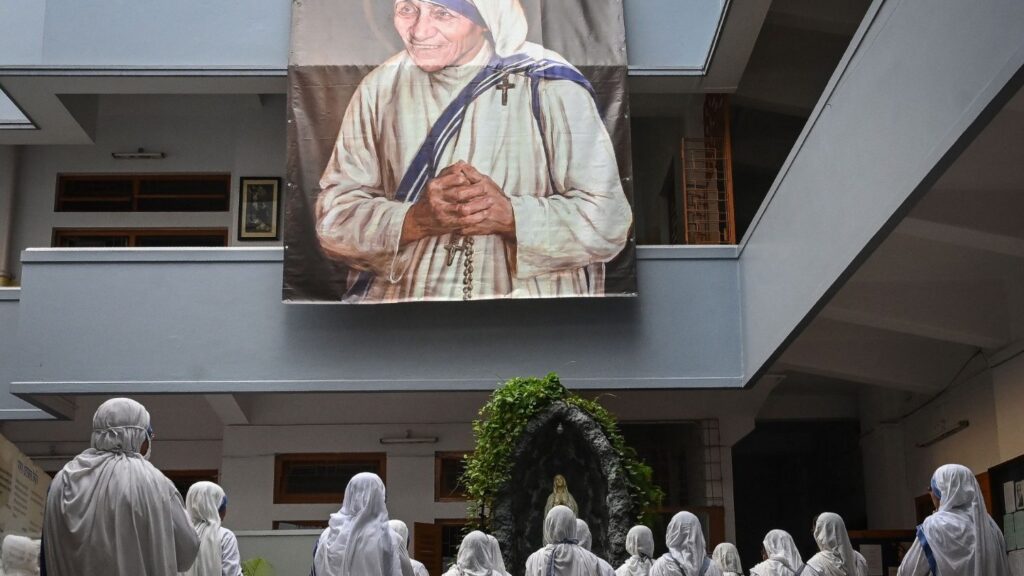MANAGUA, Nicaragua — The Nicaraguan government has revoked the registration of 1,500 non-profit organizations, including hundreds of religious groups, according to a notice published Monday in the official government gazette, La Gaceta.

The affected organizations are accused of failing to report their financial statements for periods ranging from one to 35 years. The list includes sports clubs, health organizations, women’s rights groups, LGBTQ rights organizations, legal associations, and veterans’ clubs. Over 400 of the shuttered groups are religiously affiliated, with most being Christian organizations.
This move is the latest in a series of actions taken by President Daniel Ortega’s government against civil society groups. Earlier this month, the legal status of the Diocese of Matagalpa’s Caritas was canceled for alleged bureaucratic reasons, according to Vatican News. The diocese is led by Bishop Rolando Alvarez, a vocal government critic who is currently in exile after being convicted of charges including conspiracy and treason.

Civil liberties in Nicaragua have been significantly curtailed under Ortega’s leadership. The president, who claimed a fifth term in 2021, has overseen the arrest of numerous opposition presidential candidates, journalists, and human rights activists under a broad national security law.
In 2022, CNN en Español was forced off the air in Nicaragua. The government’s response to widespread anti-regime protests in 2018 resulted in hundreds of deaths, thousands of injuries, and arbitrary detentions, according to Human Rights Watch. These actions have led to tens of thousands of Nicaraguans fleeing the country.

The United Nations expressed “grave concern” over the human rights situation in Nicaragua in June. Nada al-Nashif, the UN Deputy High Commissioner for Human Rights, reported that at least 35 people had been arrested since March as part of a “crackdown on civic space.”
The Vatican and the Pontifical Commission for Latin America have not yet commented on the latest closures affecting religious organizations.
As the situation continues to develop, international human rights organizations and foreign governments are closely monitoring the actions of the Nicaraguan government and their impact on civil society and religious freedom in the country.



